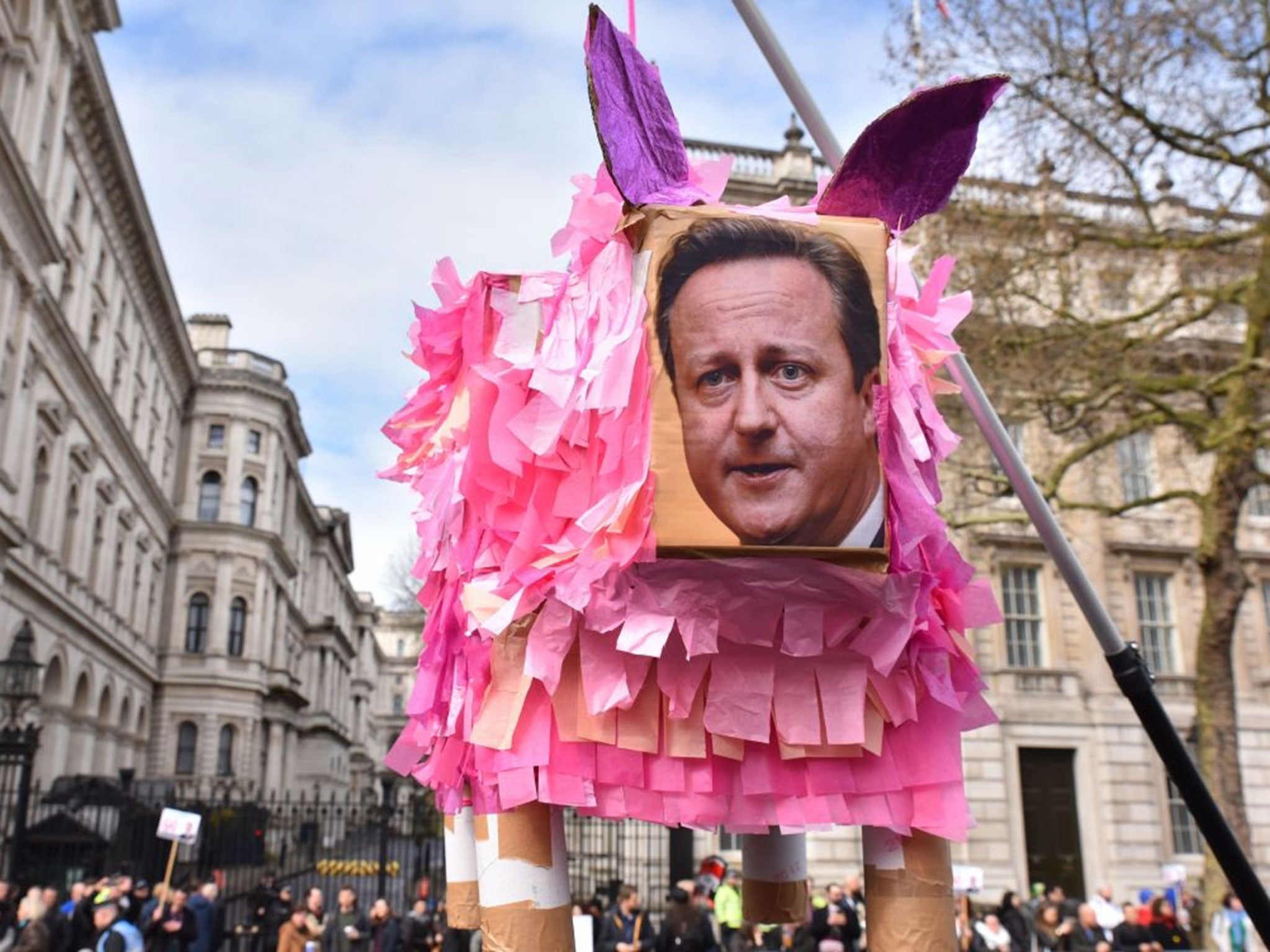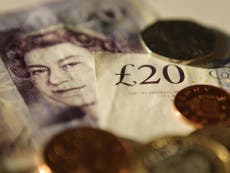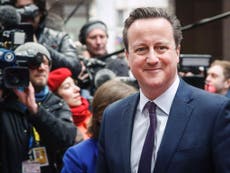MPs aren't the only ones who should have to publish their tax returns - what about media moguls and the super-rich?
Transparency is not the best response to the Panama Papers, however popular a policy it might be


The Panama leaks quickly become a saga about the integrity of David Cameron and other politicians. What’s Cameron hiding? When will the other bastards publish their tax returns? These politicians are up to their necks in it.
What a tragic waste that a mountain of leaks revealing tax avoidance on an epic scale is reduced in the UK to a trivial, imprecise debate about politicians and trust. It would be the worst possible outcome of the Panama revelations for politicians alone to publish their tax returns.
Such an act would imply misleadingly that many elected MPs are at fault, and convey a totally false sense that they wield significant power when most of them do not. No wonder Cameron advised against such a feeding frenzy in his Commons statement.
The idea that an unknown junior minister or an obscure member of the shadow cabinet has more power or wealth than someone in the media or an owner, say, of a steel plant is absurd. Such an act of apparent cathartic guilt would fuel the dangerous perception that those we elect are all uniquely corrupt.
If it is to happen, transparency must apply to everyone. There should not be one rule for politicians and another for the rest of us. Why should the rest of us be the ones protected by secrecy? Some of the rest include the super-rich, experts in secretive tax avoidance. At least across-the-board compulsory transparency would bring about a form of accountability - although I suspect legal avoidance would continue on the same scale. There is quite a lot of evidence to suggest that hunger for more wealth trumps a fear of public opprobrium.
In other words, transparency is not the best response to the Panama leaks. The best response is to curb some forms of legal tax avoidance by making them unlawful. In his House of Commons statement, Cameron pledged to clamp down on illegal tax evasion. But the issue that has tormented him in recent days, fairly or unfairly, is allegations or suspicions of tax avoidance.
As long as there are laws to legitimise tax avoidance, people will use them. They cannot be blamed for doing so. If it is possible to avoid paying inheritance tax, many affluent parents will make plans to do so. The solution is to change the law to make such an arrangement illegal. Transparency in itself changes nothing.
As I argued last week, quite a lot of the tax avoidance going on is on a global scale and demands a global response - but the current government could act unilaterally in some areas such as inheritance tax loopholes, and chooses not to do so. Cameron still has to explain why he blocked a recent attempt by the EU to tackle tax avoidance, by far his biggest error in this whole saga.
Coincidentally, at the height of Panama frenzy, the head of the Kings Fund health think tank Chris Ham wrote a measured forensic article arguing that the NHS was facing the biggest crisis in its history. He wrote that, “Hospitals are running up large and growing financial deficits, missing targets for waiting times, and under pressure from rising demand at a time of constrained resources”. Evidently more cash is urgently needed. Some of it could be raised if tax avoidance was curbed.
This is not an abstract debate. Tax is not raised for punitive reasons. The term ‘tax burden’ is dangerous. It is not a burden to secure improvements in health provision or much-needed affordable housing. Let us make the connections between tax raised and better public services rather than using the Panama revelations to trigger yet another focus on the need for supposedly corrupt politicians to be more open.
We should be depressed but not surprised that the debate descends into a simplistic one about vague suggestions of prime ministerial corruption. Since 1997 every Prime Minister has left office amidst a whirl of unjustified hysterical allegations about their integrity.
John Major was slaughtered over claims about ‘sleaze’. Now he is seen as an untarnished elder statesman. Raging allegations that he was mired in ‘sleaze’ were irrational, irrelevant and yet potent in the build-up to the 1997 election.
Tony Blair left Number Ten next, viewed widely as a war criminal. The more pertinent questions about why he became dependent on unreliable intelligence and trapped in a relationship with right -wing US Republicans were leapt over in order to make accusations about integrity.
Gordon Brown limped out three years later, tormented about questions over whether he was on antidepressants, drained by endless questions about his expenses and whether some of his senior ministerial colleagues had broken the law. Once again allegations about his integrity missed the point.
Now Cameron is forced to make an unprecedented Commons statement partly about his financial affairs. On this he has the support of nearly all Conservative MPs. Not surprisingly, Cameron had an easy time of it in the Commons.
Let us not waste the illuminating Panama leaks by making them a saga about Cameron’s finances, as big a red herring as the earlier allegations of sleaze made against his predecessors. The leaks show that laws around tax avoidance are too lax. They should be tightened.
Look at the NHS. We need the money.



Join our commenting forum
Join thought-provoking conversations, follow other Independent readers and see their replies